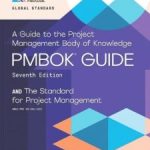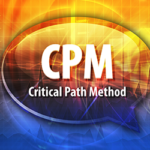
There is much confusion over what roles a project management office (PMO) plays, and indeed the term is quite broad. But PMO's have undergone significant development in recent years and their roles have become more standardized. So whether you're considering establishing a new PMO or wondering what roles your existing PMO should play, use this comprehensive list to … [Read more...]













